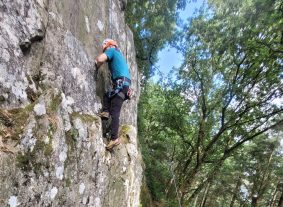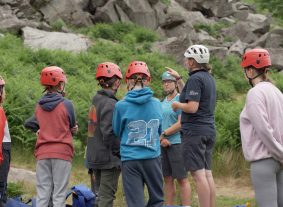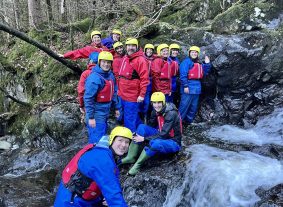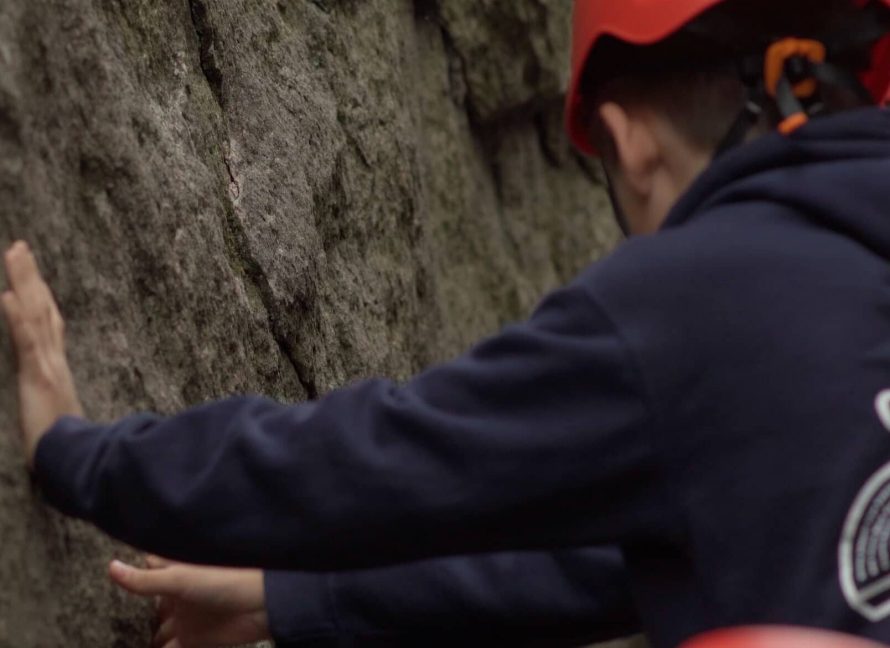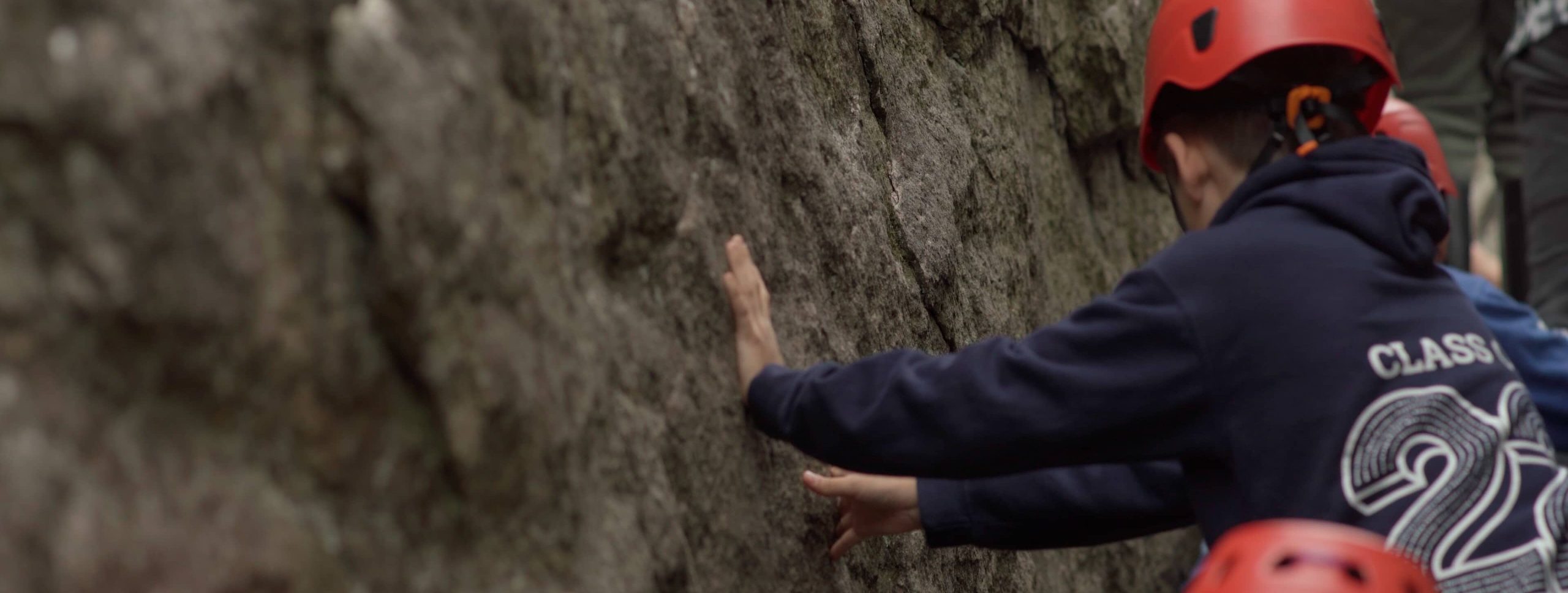As educators, you are constantly seeking ways to engage your students, enhance their learning experiences, and prepare them for the challenges of the future. In recent years, the importance of outdoor activity centres has grown significantly, offering unique educational benefits that go beyond the walls of the classroom. With the rising concerns about student well-being, the effects of technology on young minds, and the need for practical, hands-on learning, outdoor activity centres are becoming more essential than ever.
1 Addressing the Rise in Mental Health Concerns
The mental health of students has become a critical concern, with increasing reports of anxiety, stress, and other related issues among young people. The pressures of academic performance, social media, and the ongoing effects of the COVID-19 pandemic have only intensified these challenges. Outdoor activity centres provide a much-needed respite from these pressures, offering students the chance to disconnect from screens and reconnect with nature.
Studies have shown that spending time outdoors can significantly reduce stress levels, improve mood, and enhance overall well-being. Activities such as hiking, team-building exercises, and outdoor games not only provide physical exercise but also promote mental relaxation and emotional resilience. By incorporating visits to outdoor activity centres into your teaching plan, you can offer your students a vital opportunity to recharge and refocus, leading to better mental health and academic performance.
2 Enhancing Engagement and Motivation Through Experiential Learning
Traditional classroom settings, while essential, can sometimes struggle to fully engage students, especially those who learn best through hands-on, experiential activities. Outdoor activity centres provide an immersive learning environment where students can see concepts in action, apply their knowledge in real-world scenarios, and explore new interests.
Whether it’s a science lesson brought to life through nature exploration, a history lesson enriched by outdoor role-playing, or a math challenge set in an obstacle course, outdoor learning taps into students’ natural curiosity and enthusiasm. This kind of experiential learning not only makes lessons more memorable but also helps students develop a deeper understanding of the material. By stepping outside the classroom, you can ignite a passion for learning that traditional methods might not reach.
3 Developing Essential Life Skills Beyond Academics
In addition to academic knowledge, students need a range of life skills to succeed in the modern world. Outdoor activity centres are perfect venues for teaching these skills, from teamwork and leadership to problem-solving and resilience. Through activities like group challenges, navigation tasks, and survival skills training, students learn to communicate effectively, think critically, and persevere through difficulties.
These experiences teach students how to work collaboratively, listen to others, and take on leadership roles. They also learn to manage setbacks, adapt to changing circumstances, and celebrate collective successes. These are invaluable lessons that extend far beyond the classroom and prepare students for future challenges in school, careers, and life.
4 Promoting Physical Health and Well-Being
With the increasing amount of time students spend indoors and in front of screens, physical activity is more important than ever. Outdoor activity centres provide a fun and engaging way for students to get moving, whether it’s through climbing, kayaking, orienteering, or team sports. Regular physical activity is not only crucial for physical health but also enhances cognitive function, helping students to focus better and retain information more effectively.
By integrating outdoor activities into your curriculum, you can promote a healthier lifestyle and help students understand the importance of staying active. This not only supports their physical development but also their academic success and overall well-being.
5 Fostering a Connection to Nature and Environmental Stewardship
In an increasingly digital world, students are often disconnected from the natural environment. Outdoor activity centres offer a unique opportunity to foster a connection to nature, helping students develop an appreciation for the environment and a sense of responsibility for its care. Through activities such as nature walks, wildlife observation, and environmental education programs, students learn about ecosystems, conservation, and the impact of human actions on the planet.
This connection to nature is not only beneficial for students’ personal well-being but also cultivates a generation of environmentally conscious individuals who are more likely to advocate for and engage in sustainable practices. As educators, you have the power to inspire this environmental stewardship by incorporating outdoor learning into your teaching strategies.
6 Preparing Students for a Changing World
The world is evolving rapidly, with technological advancements, climate change, and global interconnectedness shaping the future. To thrive in this dynamic environment, students need to be adaptable, innovative, and resilient. Outdoor activity centres provide a perfect setting to develop these qualities, offering experiences that challenge students to think creatively, embrace uncertainty, and overcome obstacles.
By exposing students to diverse environments and unpredictable scenarios, outdoor learning helps them build the adaptability and problem-solving skills that will be crucial in their personal and professional lives. As teachers, you play a crucial role in preparing students for this changing world, and outdoor activity centres are powerful allies in this mission.
Final thoughts
Outdoor activity centres are more than just a break from the classroom—they are vital educational tools that support the holistic development of students. From enhancing mental health and fostering engagement to developing life skills and promoting physical activity, these centres offer countless benefits that are more relevant now than ever.
As educators, embracing the opportunities provided by outdoor activity centres can transform your teaching and enrich your students’ learning experiences. By stepping outside the classroom, you can help your students build the skills, resilience, and mindset they need to navigate the challenges of the future with confidence and enthusiasm.
